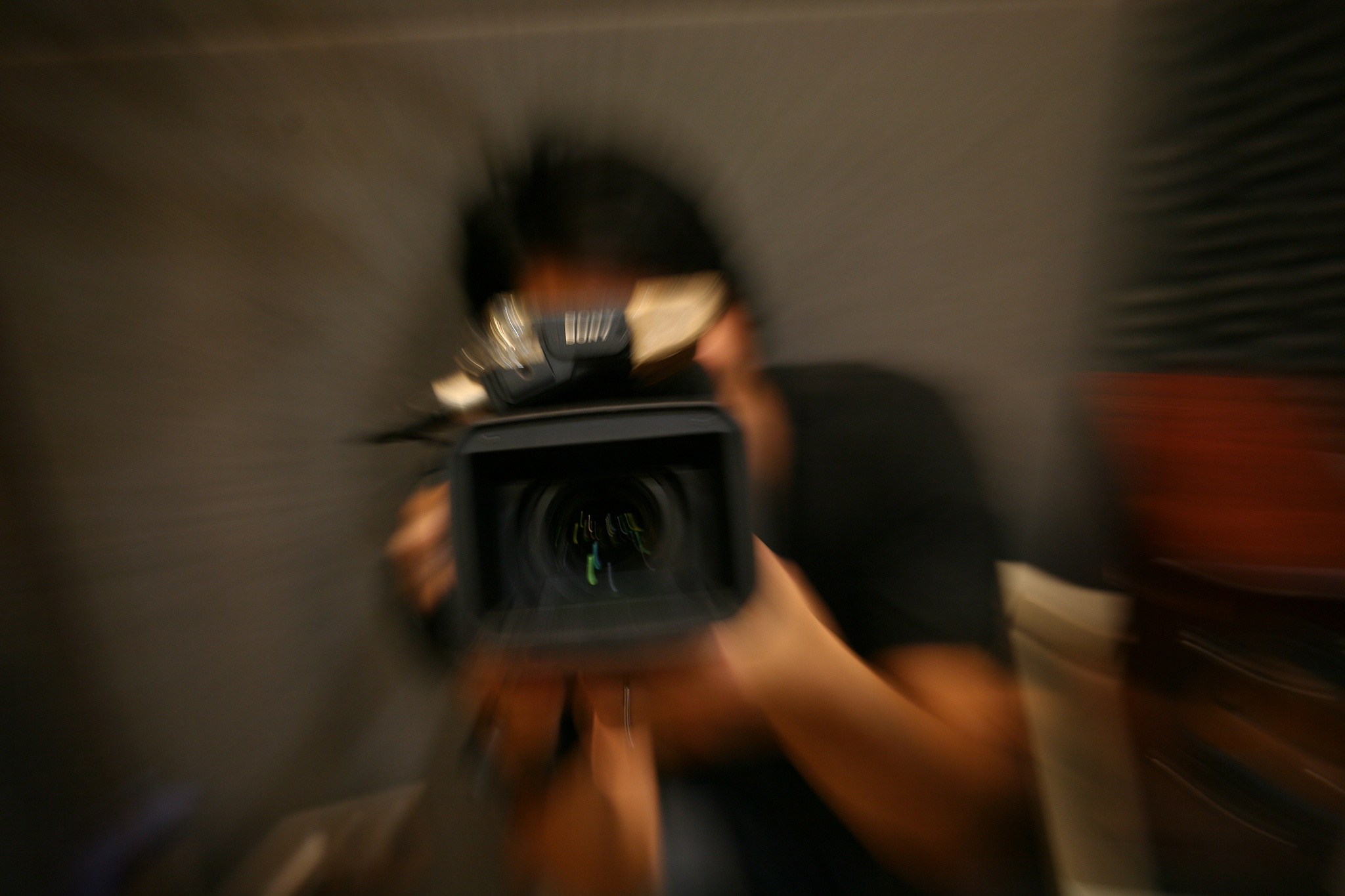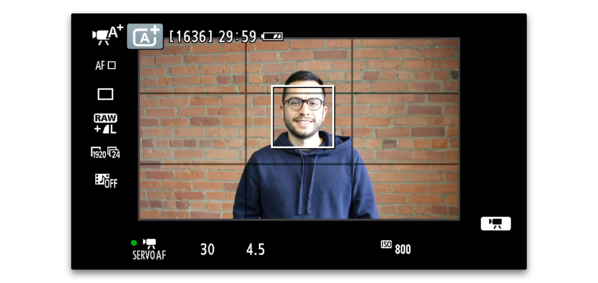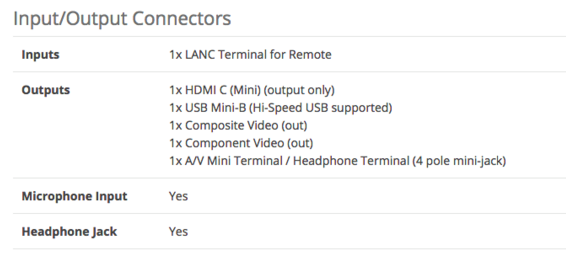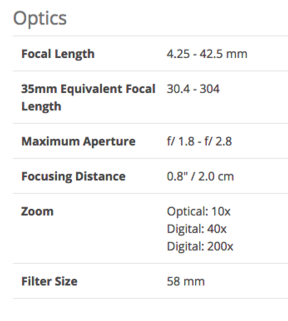VIDEO
Products
Streaming
Deliver flawless live video to any audience, anywhere
OTT Apps
Launch and monetize your own branded TV & mobile apps
Spark Encoder
Tap into hardware encoding that's compact and powerful
Broadcaster App
Go live straight from your phone or tablet with studio-quality control
Features
BoxCast Flow
Ensures smooth playback even on shaky networks
Sharing
Instantly clip, share, and amplify your broadcasts
Producer
Create professional streams right from your browser
Third-Party Encoders
Use the gear you love with our support of RTMP and SRT
AUDIO
Mixing Station Anywhere
Control your digital mixer in real time from anywhere
Mixing Station Web
Mix, manage, and monitor live audio in a browser from anywhere
Compatible Mixers
Connect your digital mixer to Mixing Station and Mixing Station Web
INDUSTRIES
House of Worship
Reach and engage your congregation wherever they worship
Sports
Stream games with professional quality for fans everywhere
Local Government
Bring transparency and connection to your community broadcasts
Business
Power your corporate events, webinars, and live streams
LEARN
Blog
Insights, trends, and tips for the audio/video community
Tech Tips
Quick how-tos and deep dives on the latest streaming technology
Guides
Essential tips and expert strategies to expand your reach
Newsletter
Stay up to date with product news, best practices, and more
Podcast
Hear stories and strategies from our customers and experts
DISCOVER
Customer Stories
Explore real-world success stories to inspire your organization
Events
Join us at an upcoming conference and meet with our team
Webinars
Get all the details and register for our next live webinar
About Us
Discover our company's mission, values, and team story

BoxCast Team • February 14, 2019
The task of finding your next camera can feel overwhelming.
Whether you’re searching for the very best gear or a camcorder to get started, there's always a never-ending list of features to evaluate.
To guide you through your search, we’ve pulled together a list of must-have and nice-to-have features to consider when choosing the a camera for your live stream.
Are you looking for more than just camera recommendations? Check out our complete guide to live video streaming equipment for every level.
The two levels of high-definition resolution are 720p— standard HD— and 1080p— full HD. In today’s world, HD video is the expectation. If you are choosing cameras for your organization, you should ensure the specs meet the new norm.
A few years ago, high-definition (HD) video equipment was a significant differentiator. High-definition is now the standard. If you're buying new cameras, you are unlikely to encounter any that do not support HD resolution. If you're looking at used cameras or evaluating equipment in a back closet though, ensure they can produce at least a 720p resolution.
Your purchase will soon justify itself— the benefits of providing your community with a stream they want to watch will quickly outweigh the cost.
Not all video cameras can output live video.
When a camera can transmit live video data, it's not always a clean signal. Many cameras— particularly those not designed primarily for live streaming— can only output a signal with display icons. As a result, you get a live video that looks like the image below.

During your camera search, check your video output specs and look for one that promises to send a clean HDMI or SDI signal.
In most cases, DSLR cameras aren't able to send a clean signal to a streaming device, so be particularly wary of the specs on those primarily-photographic cameras.

There are two types of camera zooms: optical and digital.
With optical zoom, the lens itself zooms in on your picture, without sacrificing any resolution quality. With digital zoom, the camera— not the lens— magnifies the image captured. Digital zooming leaves you with a lower-quality image. Optical zooming is preferred.
In the example specs below, the zoom capability is Optical: 10x, meaning the lens can zoom in 10 times closer from its shallowest field of view.
Image stabilization reduces the likelihood that you will stream a blurry video.
With automatic adjustments to the camera lens, the feature compensates for user-caused camera movement.
Though image stabilization isn’t crucial for everyone, it will reduce turbulence for on-the-go streamers— broadcasters using non-fixed cameras.
Frame rate measures the number of individual images that make up each second of a video clip affecting the way we perceive motion in a video. When you capture and display only a few frames per second, you miss some of the detail of the movement. As a result, the video may appear choppy.
Live streaming broadcasters use high frame rates to capture fast-paced action more completely. The faster the movement in your live content, the more important high frame rate is.
Standard frame rates— those in the range of 24 to 30 frames per second (fps)— are suitable for stationary shots, with limited subject movement. If you live stream a panel discussion, the frame rate is less critical, because your subjects are relatively still.
A high frame rate — most commonly 60 fps— is ideal for events like sports with a lot of activity and camera movement. A high frame rate significantly improves fast-paced sporting events— like a soccer match— because it helps capture the speed and movements of the athletes.
If you're looking for equipment for your AV setup and don't know where to get started, you might want to check out our Buyer's Guide to Live Video Streaming or our Equipment Guide for Live Streaming.
Happy Streaming 😃!
Image Source: Juno Namkoong Lee via Flickr
© 2026 BoxCast. All Rights Reserved. | +1-888-392-2278